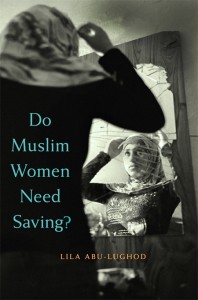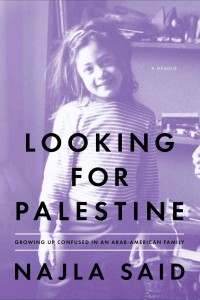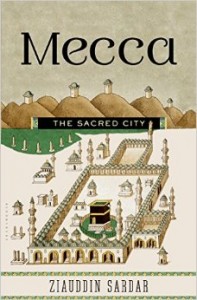Books of the Year: Our Picks
1: Do Muslim Women Need Saving?- Laila Abu-Lugodh
The author argues that in the aftermath of the 9\11, the paradigm of rescuing Muslim women from the ‘oppressive’, ‘unprogressive’ and ‘pre-modern’ Muslim lands has procured momentum as an undeniable necessity. This well-researched work is the result of Laila’s encounters as an ethnographer, of her interaction with Muslim women throughout her academic career. The women narrated their stories that challenged discourses which characterize cultures using scientific generalizations. Throughout this book, Laila tries to deconstruct popular portrayals of Muslim women by what she calls ‘writing against culture’, a movement that had succeeded in disrupting the common anthropological way of camouflaging cultures as homogenous entities without considering diversities that exist among them .
The book raises crucial questions about secular\religious power discourses that violently negate the diversity of Muslim women and camouflage them under the category of homogenous women.
2: Looking for Palestine: Growing up Confused in an Arab-American Family- a Memoir- Najla Said
Najila Said’s memoir is less an autobiography of an Arab-American theatre actress than a biography of her legendary father Edward Said. To many, as najla says, Edward is a post-colonial intellectual, while for others he is an icon of Palestinian freedom struggle, but for me he is just a father. Najla narrates that she did not come to terms with the impact and power her father’s writings had until she was older. She realized that life of her father was more discrete than the one he led at home.
The book is also about being a self-hating Arab. In her early childhood, she continued to hear from her surroundings that Arabs are bad people, who eagerly wait to get a chance to be exploded themselves on a huge crowd. Najla tries hard to struggle with this representation and tries to understand it with the reality that she faces. It had unavoidable consequences for her in terms of how she saw herself, with indelible and hurtful results. Najla says that she spent a long period of her life trying to answer the question; what does it mean to be an Arab- Palestinian- American? This is a memoir of the search for an identity, narrated in a poetic prose.
3: Mecca: The Sacred City – Ziauddin Sardar
The book narrates Ziauddin Sardar’s fifth hajj. He says he has done it in the way Ibn Battuta did decades ago. Then he narrates the history of Mecca, before the birth of Prophet Muhammad. He takes mecca as the locus and describes the environment and people of the city at each epoch. Zia says that we have little knowledge of a Mecca that had bathed in blood in the wake of wars. Even the people who visited Mecca were badly treated and robbed by its citizens. He recounts the role of Mecca as a pre-islamic trade center, as a religious center under the changing socio-political requirements of the Umayyads, Abbasids and Ottoman, as a geographic center for Islamic cartographers, and as an entrepot for European adventures. He looks in to the religious struggles and conflicts that has fashioned Muslim culture. An informative, poetic, and scintillating mixture of history, Zia’s ‘Mecca’ ensures us a mystical journey to the sacred city
4: The Darker Side of Western Modernity- Walter Mignolo
Walter mignolo says that when Europeans set foot in Americas and colonized it, coloniality unfolded as a new structure of power. Thus, western civilization and modernity came in to being as a finality of historical time. It was then that Europe became the centre of the world. Mignolo characterizes coloniality as the darker side of western modernity. From the period of renaissance, white men and institutions had controlled it. It was Christian theology that had driven them. Mignalo points out that this sequence of coloniality is facing its end. In the early twenty-first century, post-colonial nation states are facing the big challenge of decoloniality. Mignolo says that decoloniality is a revolutionary process which requires epistemological endeavours that negate modern power structures and imagine a global future where no one speaks the language of power and domination.
5: Capital in the 21st century – Thomas Piketty
Thomas Piketty, a French economist, has penned a book titled capital. He argues for progressive taxation and a global wealth tax as the only way to challenge the inclination towards the creation of what Pikkety calls ‘a patrimonial form of capitalism’. He says that the main features of capitalism are inequalities of wealth and income. He explains how social inequality of wealth and income unfolded over the last two centuries, with specific stress on the role of wealth. He disrupts the popular view that liberal economy unfurls the wealth around and that it is the essential stockade for the shielding of individual liberties and freedoms. He then shows that liberal economy constructs undemocratic oligarchies. Undoubtedly, Piketty’s powerful argument has caused liberal outrage worldwide.



























Connect
Connect with us on the following social media platforms.